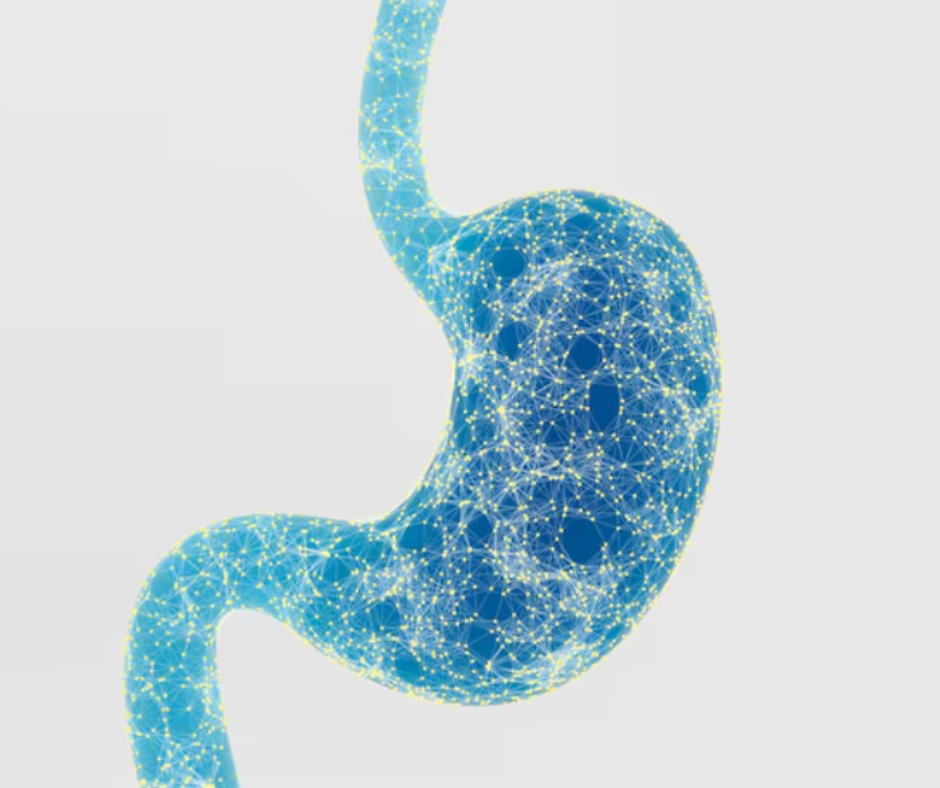The Hidden Dangers of Frequent Indigestion & What to Do About It
- livercarecenter23
- Apr 23, 2025
- 3 min read
Frequent indigestion isn't just uncomfortable — it can be a sign of underlying gastrointestinal issues that shouldn’t be ignored. While occasional heartburn or bloating is common, persistent symptoms may indicate more serious concerns requiring the expertise of a qualified gastroenterologist. This blog explores the often-overlooked risks of chronic indigestion and practical steps to manage it effectively.

What Is Indigestion?
Indigestion, or dyspepsia, refers to discomfort in the upper abdomen, usually after eating. Symptoms can include:
Bloating
Nausea
Burping
Acid reflux
Early satiety (feeling full quickly)
While these may seem harmless, frequent recurrence should not be brushed off.
When Indigestion Becomes a Red Flag
Occasional indigestion may result from overeating, eating too quickly, or consuming spicy or fatty foods. However, when it becomes a frequent occurrence, it could signal:
Gastroesophageal reflux disease (GERD)
Peptic ulcers
Gallbladder dysfunction
Helicobacter pylori infection
Gastroparesis
Stomach or esophageal cancer (rare, but serious)
Only a trained gastroenterologist can determine the root cause through targeted diagnostic tests like endoscopy, pH monitoring, or imaging studies.
Why You Shouldn’t Ignore Persistent Symptoms
Unaddressed digestive issues can lead to complications like:
Esophageal damage from acid reflux
Nutrient malabsorption
Unintended weight loss
Chronic inflammation in the digestive tract
Increased risk of gastrointestinal disease progression
Timely evaluation by a gastroenterologist ensures that symptoms are managed before they develop into more serious problems.
Risk Factors That Worsen Indigestion
Several lifestyle and medical factors increase the risk of chronic indigestion:
High-stress levels
Irregular eating habits
Smoking and alcohol use
Frequent use of NSAIDs (like ibuprofen)
Food intolerances (e.g., gluten or lactose)
Uncontrolled diabetes
Understanding your personal risk profile can help guide the appropriate treatment strategy.
How a Gastroenterologist Can Help
A gastroenterologist specializes in disorders of the stomach, intestines, liver, and related organs. They assess symptoms in detail, recommend personalized testing, and guide you through effective treatment plans, which may include:
Dietary adjustments
Prescription medications like PPIs or H2 blockers
Lifestyle changes such as weight management and stress reduction
Probiotic or digestive enzyme therapy
Advanced diagnostic procedures, if necessary
Early consultation ensures accurate diagnosis and timely care, which is essential in preventing chronic indigestion from escalating.
What You Can Do Right Now
Here are evidence-based ways to manage indigestion before your appointment:
Eat smaller, more frequent meals.
Avoid trigger foods like caffeine, fried foods, and acidic items.
Don’t lie down immediately after eating.
Drink water throughout the day, not during meals.
Maintain a food diary to track symptoms.
These habits support your digestive system and can offer relief while a gastroenterologist develops a treatment plan tailored to your needs.
When to See a Gastroenterologist
Seek professional evaluation if you experience:
Indigestion more than twice a week
Pain that interrupts sleep
Difficulty swallowing
Vomiting or blood in the stool
Unexplained weight loss
Prompt action can make a critical difference in your long-term digestive health.
Final Thoughts
Frequent indigestion is more than just a nuisance — it’s a message from your body that something might be off. Recognizing the warning signs and seeking timely advice from a qualified gastroenterologist can prevent complications and restore your comfort.
If you've been living with ongoing digestive discomfort, don’t wait for it to worsen. Schedule a consultation with a specialist to take control of your health today.
Frequently Asked Questions (FAQs)
1. Is frequent indigestion a serious problem?
Yes. While occasional indigestion is common, frequent symptoms may indicate an underlying digestive disorder that requires medical attention. Persistent discomfort could be linked to GERD, ulcers, or even infections — all of which should be evaluated by a gastroenterologist.
2. What are the signs I should see a gastroenterologist for indigestion?
You should consult a gastroenterologist if you experience indigestion more than twice a week, if it's accompanied by weight loss, vomiting, difficulty swallowing, or blood in your stool. These could signal more serious conditions needing further investigation.
3. Can stress cause indigestion?
Yes. Stress is a known trigger for digestive issues, including indigestion. It can disrupt stomach acid production, slow digestion, and even contribute to reflux. Stress management techniques are often part of the treatment plan recommended by a gastroenterologist.
4. What tests can a gastroenterologist perform to diagnose indigestion causes?
A gastroenterologist may recommend tests like upper endoscopy, abdominal ultrasound, pH monitoring, or H. pylori breath tests, depending on your symptoms. These help pinpoint the exact cause and guide effective treatment.
5. Are there lifestyle changes that help with chronic indigestion?
Yes. Eating smaller meals, avoiding trigger foods (like spicy or fatty items), reducing alcohol and caffeine intake, not lying down after meals, and quitting smoking can all help. Your gastroenterologist can tailor these changes to your individual needs.
6. Is medication necessary for treating frequent indigestion?
In many cases, medications such as antacids, proton pump inhibitors (PPIs), or H2 blockers may be prescribed to manage symptoms. However, long-term use should always be monitored by a gastroenterologist to avoid side effects and address the root cause.



Comments